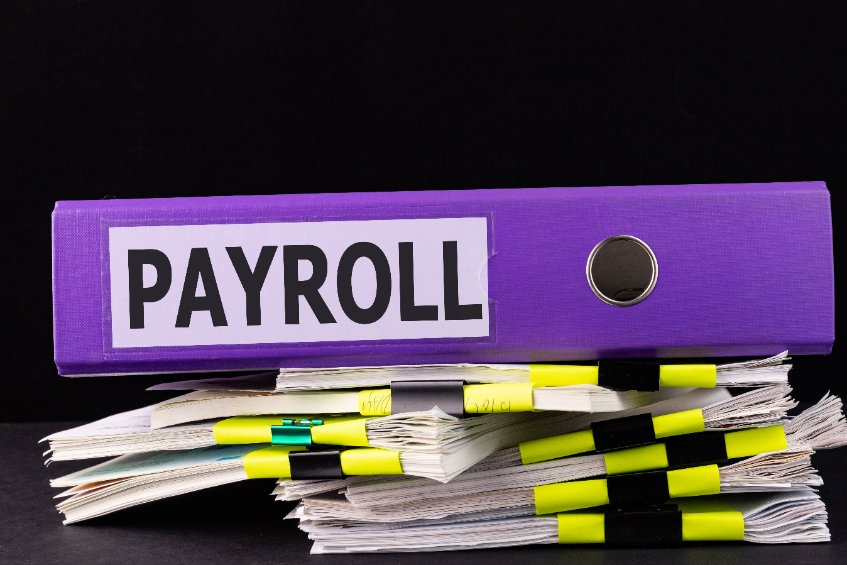There’s talk that the IRS is more proactively tracing how unpaid payroll tax money is spent during trust fund recovery investigations. The outcome? Potentially, it’s a swifter handover to the IRS Criminal Investigation Division for criminal prosecution.
Bloomberg Tax published a commentary on the development this summer. In his observations, Attorney Eric Green of Green & Sklarz, LLC, claims that “the IRS has upped the ante” for employers who are behind on handing over collected payroll taxes. When payroll tax money isn’t submitted to the government but is instead paid to or used for the business owner’s benefit, revenue officers can pull the owner’s 1040 income tax returns to see if the money that benefited them was reported as income.
“If the money was not picked up as income on the personal tax return, the revenue officer will either submit the returns and investigation records to the civil audit division for assessment of the tax and 75% civil fraud penalty or, if significant enough…refer the case to the IRS Criminal Investigation Division to review for criminal prosecution,” he says.
The IRS has always taken payroll taxes very seriously. They account for 30% of the federal government’s yearly revenue, after all. The reason a business owner fails to submit payroll taxes has always mattered, too.
“If money is very tight, some small business owners may make the decision to use the withheld trust funds to pay suppliers. This happens because suppliers may cease deliveries or services when invoices are due, and the IRS may be slower to ask for their money,” attorneys at Brotman Law have pointed out, adding that “borrowing” the money to fund the business in other ways during hard times is also common.
Such an act comes with severe enough consequences: Mounting debt to the IRS with an eventual trust fund recovery penalty (TFRP)equal to the funds withheld from employees paychecks (“trust fund”) plus steep interest. Personal liability of trust fund recovery also comes into play (in other words, if the business can’t pay, those responsible for collecting and remitting payroll taxes will get the bill).
“Once we assert the penalty, we can take collection action against your personal assets,” the IRS asserts. “For instance, we can file a federal tax lien or take levy or seizure action.”
Criminal charges often enter the picture when the owner spends the money on themselves and, certainly, when a significant amount is in question. For example, a Midland businesswoman recently pled guilty to withholding more than $600,000 from employee paychecks and failing to pay an additional $250,000 in FICA. She, instead, spent the money on herself. She faces a maximum of five years in prison.
If you have concerns about payroll taxes and how trust fund recovery affects businesses like yours, feel free to contact us with questions.


